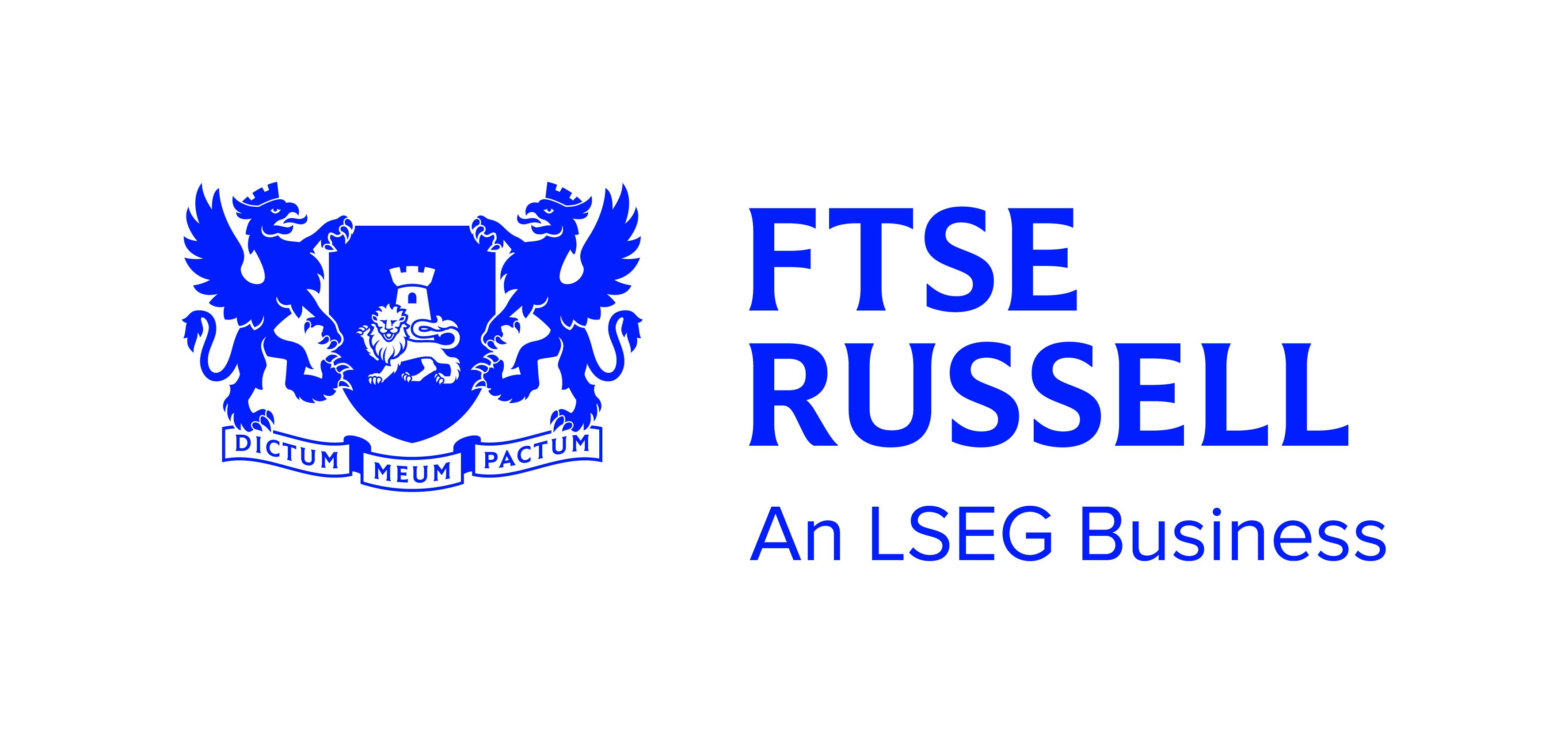Amundi will no longer offer investors exposure to the famous FTSE 100 after switching the strategy to an environmental, social and governance (ESG) index.
This is the second ETF the French asset manager has switched to an ESG index following the decision to move its $904m physically-replicated S&P 500 to an ESG index, the Amundi S&P 500 ESG UCITS ETF (S500) earlier this month.
The Amundi MSCI UK IMI SRI UCITS ETF (FT1K) is listed on the London Stock Exchange and Euronext Paris (FTSE) with a total expense ratio (TER) of 0.18%.
FT1K will now track the MSCI UK IMI SRI Filtered Ex Fossil Fuels index offers exposure to 130 large, mid and small-cap UK stocks that have high ESG scores relative to sector peers.
The index removes companies involved in nuclear, tobacco, thermal coal, alcohol, gambling, military and controversial weapons, civilian firearms, oil and gas, fossil fuels, GMOs and adult entertainment.
This year, the index has returned -12.3% versus -21.4% for the MSCI United Kingdom IMI index, as at 30 September, a 9.1% outperformance.
FT1K’s failure to capture significant assets will be one reason why Amundi has chosen this ETF to swap to an ESG index.
Since launch in 2016, FT1K has captured just $10m assets under management (AUM) compared to the iShares Core FTSE 100 UCITS ETF and the Vanguard FTSE 100 UCITS ETF (VUKE) which have $9.7bn and $3.6bn AUM, respectively.
ESG and ETFs: The superior approach to sustainable investing?
Furthermore, Amundi already offers core exposure to UK equities in its Prime range through the Amundi Prime UK Mid and Small Cap UCITS ETF (PRUK).
Unlike the Euro Stoxx 50 and S&P 500, an ETF issuer is yet to track an ESG version of the FTSE 100. FTSE Russell does offer the FTSE UK 100 ESG Select index which offers exposure to the top 100 companies in the FTSE All Share index in terms of ESG scores.




